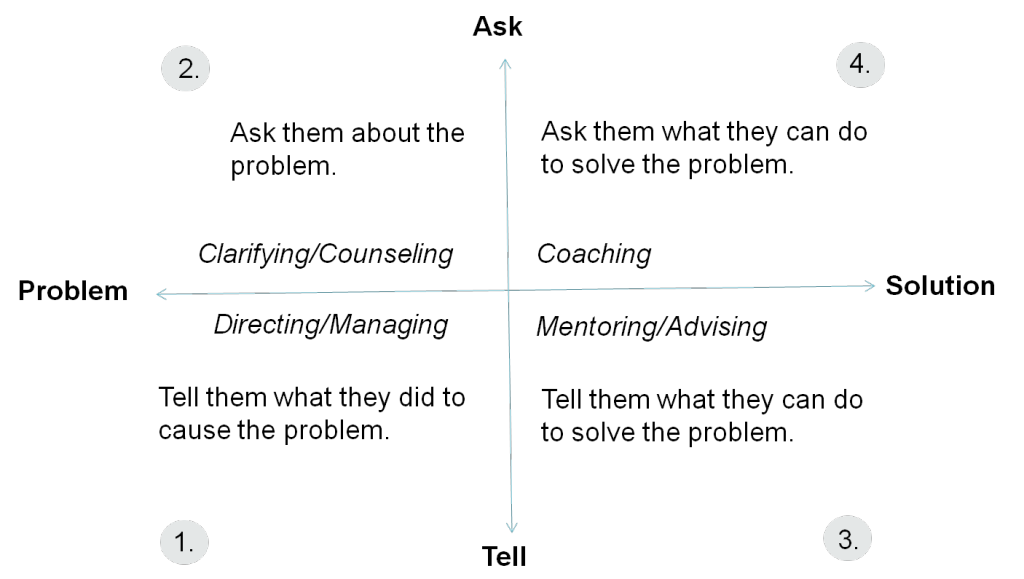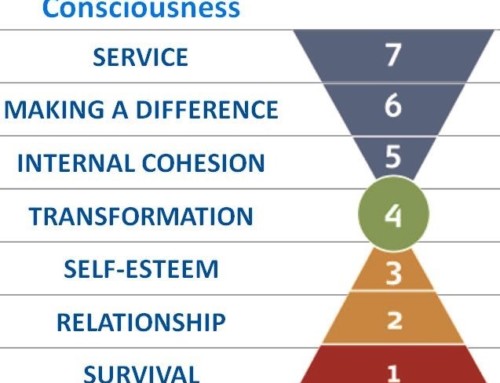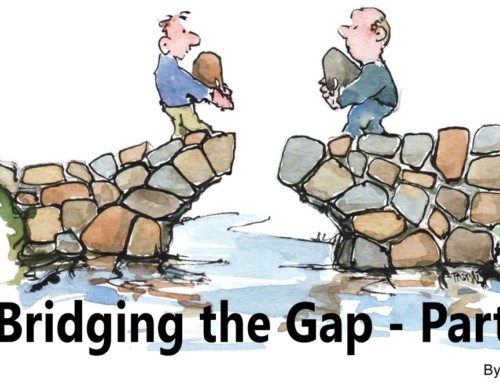Being mindful is a complex activity. A mindful existence requires us to be actively and consciously aware of our surroundings, perceptions, feelings, state of mind, physical body and relationships. Mindfulness further requires an understanding and mastery of our ultimate responsibility to choose in each and every moment. When interacting with others, there is a special attention on our choice of language and our choice about when to speak and when to listen. As someone who spends a lot of time teaching leaders to coach, I am keenly aware that a coaching approach to leadership requires a shift into mindfulness.

Let’s take the choice to commit to less talking and more listening. Depicted in this chart, there are two choices at the core of how a leader chooses their leadership style: do I focus on the problem or the solution. Then, do I spend more time telling people what to do or do I choose to listen more and ask questions. As you can see from this diagram, leaders who coach choose to focus on the solution while also choosing to listen and ask questions rather than telling someone what they think should be done. It takes mindfulness to make both of these choices, and it is not easy. In fact, I often refer to this central challenge as getting over the coaching hurdle.
Getting Over the Coaching Hurdle
First, consider the choice to focus on the solution rather than the problem. In school, most of us are trained to solve problems. That is certainly true of the typical curriculum taught to MBA students. Many leaders would describe themselves as pragmatic problem solvers who get stuff done. They think they are paid to solve problems and at face value, this is certainly true. It is also true that we are psychologically primed to be on the lookout for problems, danger and risk. Neuroscience is showing us that there is an instinctual bias to spot problems and avoid them or otherwise minimize their negative impact on us. We are designed to spot problems. Focusing instead on solutions is an act of will that requires a mindful choice. This orientation is so unusual that one of the descriptors of people who regularly focus on solutions is “positive deviant”. Letting go of our natural tendency to defend against problems and actively choose to find solutions is indeed a choice that for most of us requires a high degree of mindfulness.
But in my work helping senior leaders adopt a coaching approach, the biggest hurdle is actually the choice to hold back on telling someone your opinion and advice, and choosing instead to listen and ask questions to draw the solution out of the person who brought you the problem to be solved. This conscious act of holding back, what most of us would recognize as “taming our advice monster”, is actually what leaders in our time-deprived workplaces cite as their biggest challenge. This is doubly difficult because the people bringing us their issues to be solved are usually more than happy to have us take on responsibility for fixing the situation.
Mindful Choices at the Heart of a Coaching Mindset
Deciding to do more of one thing and less of another is a helpful frame for leaders who want to develop their leadership abilities. I have yet to see someone be able to tame their advice monster overnight! The same is true of learning to focus on solutions rather than staying stuck in the details and drama of a problem. The neuroscience of change actually indicates most of us find it easier to nudge ourselves and others into new behaviors using a “more of this” and “less of that” frame rather than the “stop, start and continue” behavior frame often used to give leaders feedback.
Want to be a more effective leader? Then consider these mindful choices for your own leadership beliefs and behaviors:
- Less talking, more listening
- Less telling, more asking
- Less judgment, more curiosity
- Less focus on the problem, more focus on solutions
- Less focus on advice, more focus on expanding the thinking of another to find their best answer
These leadership behavior choices illustrate that a coaching mindset is a mindset of mindfulness. Practice them every day and you will soon find yourself enjoying the fruits of empowering others to be their best because you demonstrated the mindful discipline to do less talking and more listening.






Leave A Comment
You must be logged in to post a comment.